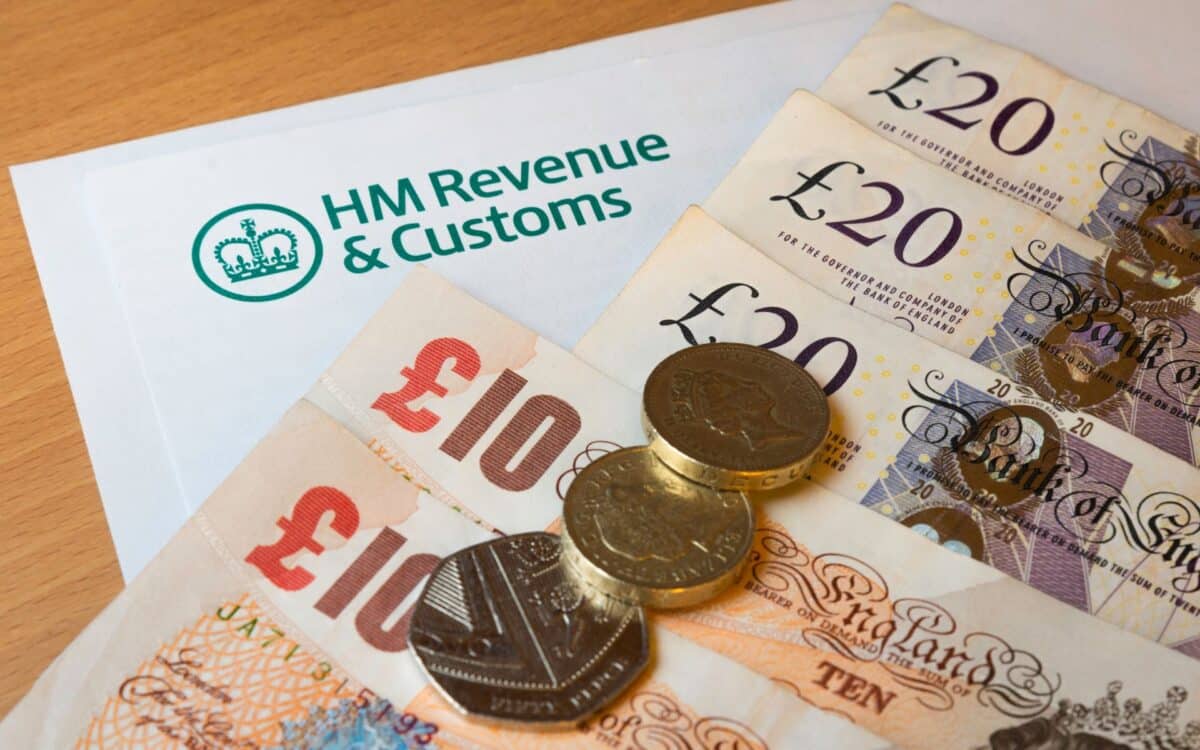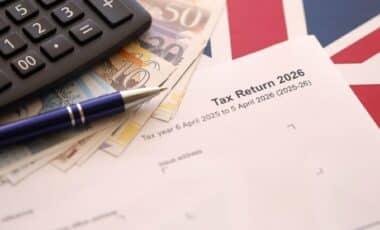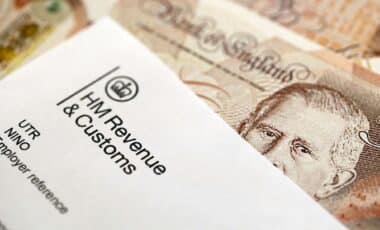The HM Revenue and Customs (HMRC) has issued a timely reminder for savers to familiarise themselves with the tax rules governing interest earned from savings. At the heart of their guidance is the ‘starting rate’ for savings interest, currently set at £5,000. This provision offers some individuals an opportunity to earn interest without incurring tax liabilities, but the rules are nuanced and closely tied to overall income levels.
Understanding the Starting Rate for Savings Interest
The starting rate allows individuals to earn up to £5,000 in savings interest tax-free. However, eligibility for this allowance diminishes with higher levels of additional income, which can consume portions of the personal tax-free allowance.
In a statement, HMRC highlighted: “Most people can earn some interest from their savings without paying tax.” The agency also noted multiple avenues for achieving tax-free interest, depending on personal circumstances and income levels.
The Role of Personal Allowance in Tax-Free Savings Interest
The Personal Allowance—set at £12,570 for the current fiscal year (6 April to 5 April)—plays a pivotal role in determining how much of an individual’s savings interest is tax-free. However, for those earning over £100,000, this allowance decreases, reducing the scope for tax-free interest earnings.
For individuals on lower incomes, the outlook is more optimistic. HMRC clarified that those with a total income of £17,570 or less could benefit from the full £5,000 starting rate for savings, allowing them to earn interest entirely free of tax. Beyond this, savers may also utilise the Personal Savings Allowance (PSA).
Eligibility for Tax-Free Savings Interest Based on Income Levels
- Total income under £17,570: Eligible for up to £5,000 tax-free savings interest (starting rate) plus up to £1,000 via the PSA.
- Total income above £17,570: Starting rate for savings is reduced by £1 for every £1 earned above the personal allowance.
For instance:
| Income (after Personal Allowance) | Starting Rate for Savings | PSA | Total Tax-Free Savings Interest |
|---|---|---|---|
| £16,000 | £4,570 | £1,000 | £5,570 |
| £17,570 | £0 | £1,000 | £1,000 |
Harnessing the Personal Savings Allowance (PSA) for Tax-Free Interest
The PSA provides a further opportunity for tax-free interest:
- Basic rate taxpayers (earning between £12,570 and £50,270) can earn up to £1,000 in interest annually without paying tax.
- Higher rate taxpayers (earning between £50,271 and £125,140) are eligible for a reduced PSA of £500.
- Additional rate taxpayers (earning over £125,140) do not qualify for a PSA.
Importantly, the PSA is applied on top of the starting rate for savings. This means that a basic rate taxpayer with a lower income can potentially earn up to £6,000 in savings interest tax-free: £5,000 through the starting rate and £1,000 via the PSA.
The Impact of Income on the Starting Rate for Savings
The starting rate for savings diminishes as additional income rises. For every £1 of income above the Personal Allowance, the starting rate is reduced by £1. Individuals with a total income exceeding £17,570 are not eligible for the starting rate, though they may still benefit from the PSA.
For example, someone earning £16,000 annually could retain a starting rate of £4,570 (£5,000 minus £430). Any savings interest above this amount would be assessed against the PSA, allowing further tax-free gains.









